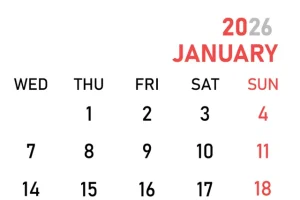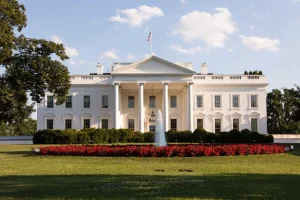Connecticut Passes Sweeping Update To Its Telemarketing Law
Connecticut recently passed a comprehensive consumer protection bill (Senate Bill 1058), effective on October 1, 2023, that includes an expansive update to its telemarketing law. This is an important one to pay attention to as it contains some rather unique—and not so clear—provisions.
The most unique aspect of the bill is that telemarketers will generally be prohibited from calling consumers without express written consent (EWC), even those not on a Do-Not-Call (DNC) list. This means that Connecticut is prohibiting cold calling…period. This is a first.
Notably, there are a few welcome exemptions, including calls:
- In response to a request or inquiry (would revert to Federal standard of 3 months)
- To a consumer who has purchased from you during the previous 12 months
- To existing customers who have not previously opted out
- As part of a business-to-business contact
- Relative to debt collection
- From nonprofits to consumers if the consumer is a listed member of the organization
Less clear is whether these exemptions apply to new disclosure requirements as well as the requirement to limit calling to between 9AM and 8PM. Specifically, in addition to the call curfew, the bill requires callers to disclose:
- Within the first 10 seconds of the call, the (1) caller’s identity, (2) telephonic sales call’s purpose, and (3) entity for which the person is making the call.
- At the beginning of the call, whether the consumer wishes to continue the call, end the call, or be removed from the telephone solicitor’s list (this last part sounds similar to a recently enacted NY law).
As the bill is written, it can be argued these requirements apply to no one since they are a requirement of those making “telephonic sales calls,” yet, those making calls with Express Written Consent or one of the other exemptions above are not “telephonic sales calls.” So, it appears there would be no one left for the call curfew and disclosure requirements to apply to. Since it’s unlikely the legislators did not intend for these requirements to apply to anyone and because of the hefty fine amounts (see further below), we recommend businesses incorporate these requirements. Item #1 should already be custom practice and item #2 basically makes Connecticut a “permission to continue” state, along with the NY-like requirement to identify the recipient’s right to be placed on the business-specific Do-Not-Call (DNC) list. Because of the consent or exemptions required to make calls, consumers should be expecting calls from applicable businesses and, therefore, we’d expect this requirement to have little impact.
Additionally, businesses should also be prepared to implement these recommendations:
- If calls do not fall under one of the exemptions, businesses should not call Connecticut residents without express written consent.
- If calling Connecticut area codes under the presumption that those consumers live elsewhere, businesses should be able—and ready—to prove those consumers are not Connecticut residents (there’s a rebuttable presumption a call to a Connecticut area code is a call to a Connecticut resident).
As we read it, violations are subject to civil penalties of up to $20,000 in addition to penalties under Connecticut’s Unfair Trade Practices Act, under which consumers also likely have a private right of action for actual (not statutory) damages plus the recovery of attorney’s fees.
CompliancePoint has an experienced team that can ensure your marketing campaigns are compliant with all applicable regulations, including the TCPA, TSR, Do Not Call lists, and all state telemarketing laws. Contact us at connect@compliancepoint.com to learn more about how we can help.
Finding a credible expert with the appropriate background, expertise, and credentials can be difficult. CompliancePoint is here to help.





